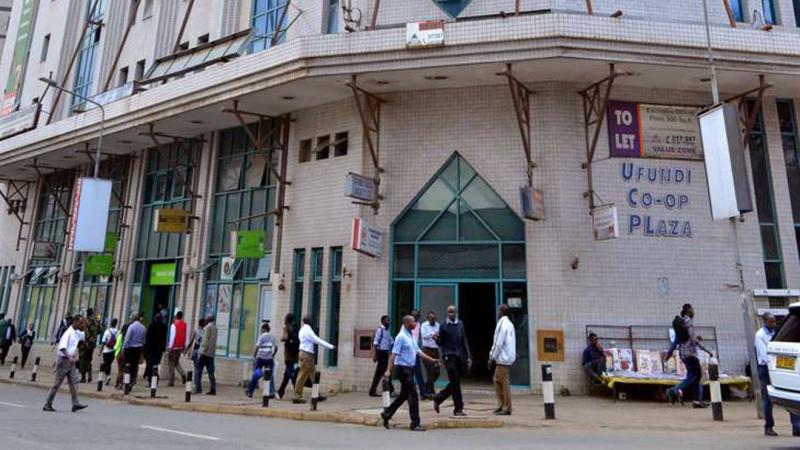×
The Standard e-Paper
Home To Bold Columnists

Ufundi Co-op Plaza [Photo: Courtesy]
Environment Court has paved way for the sale of one of Nairobi’s iconic buildings -Ufundi Co-op Plaza, ending an 11 years dispute between a sacco and its members.